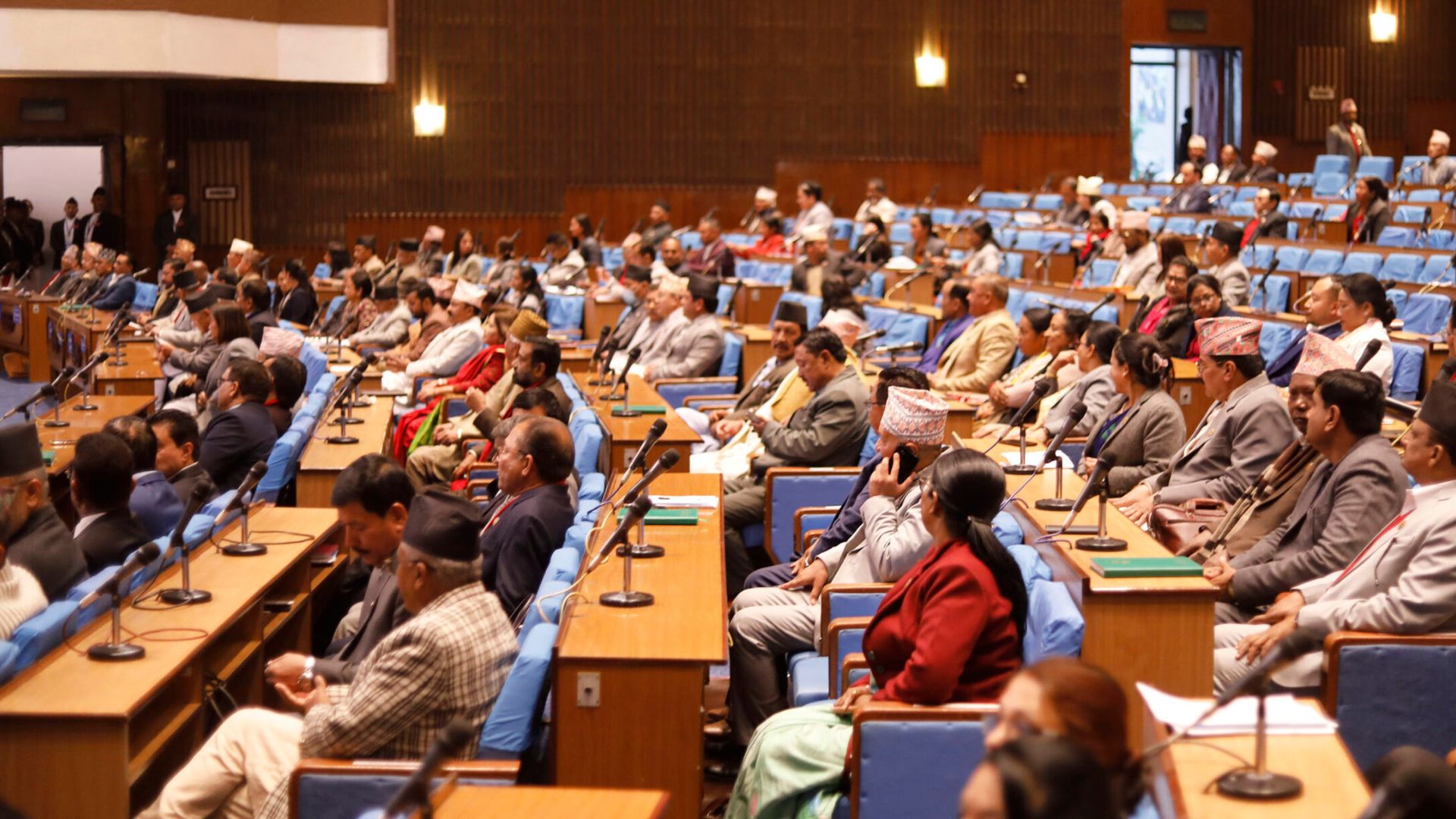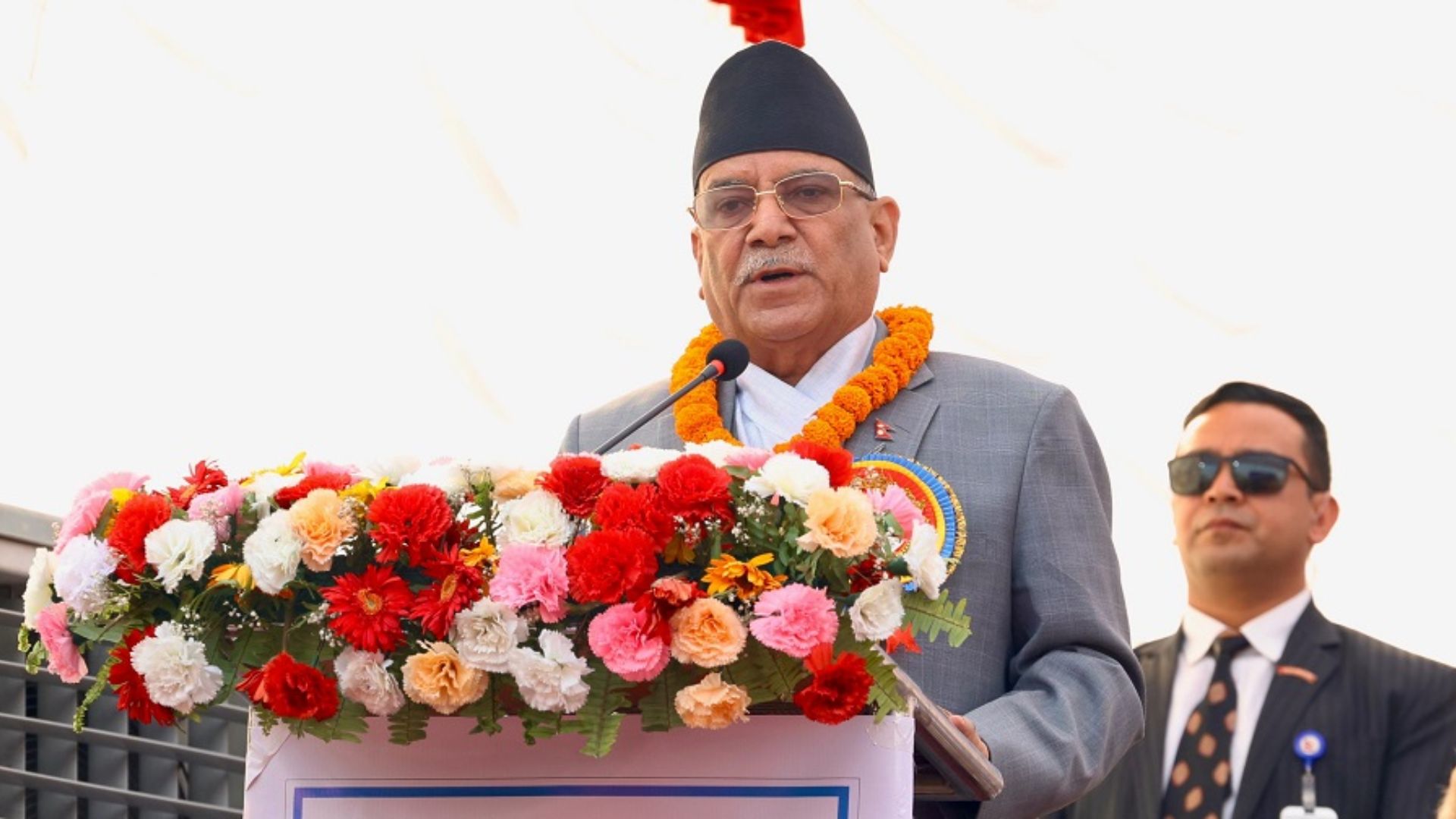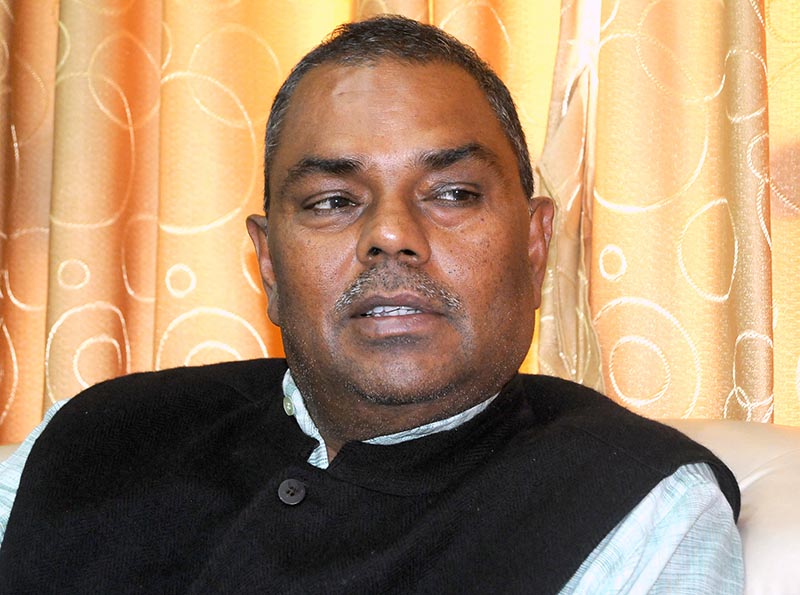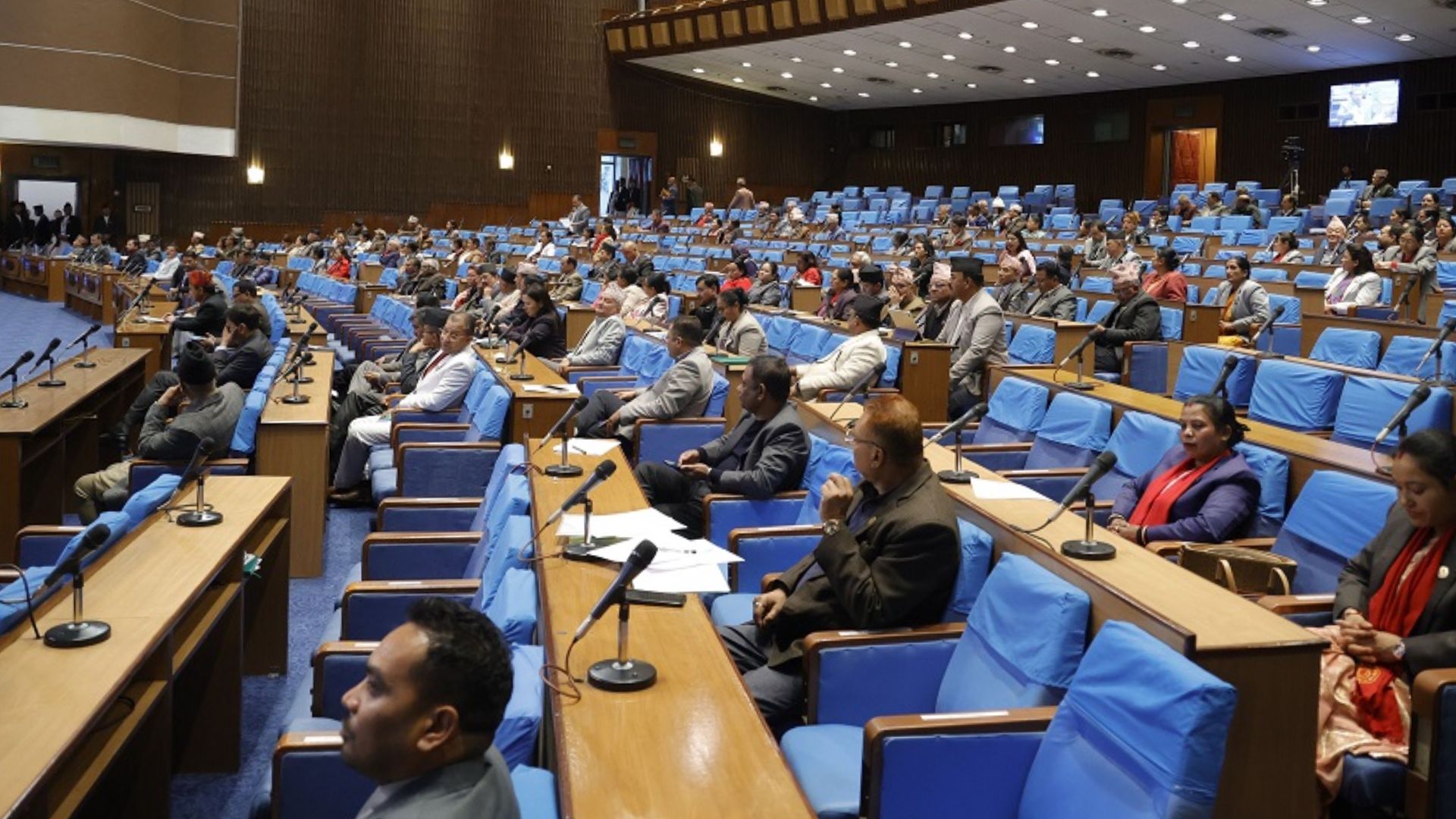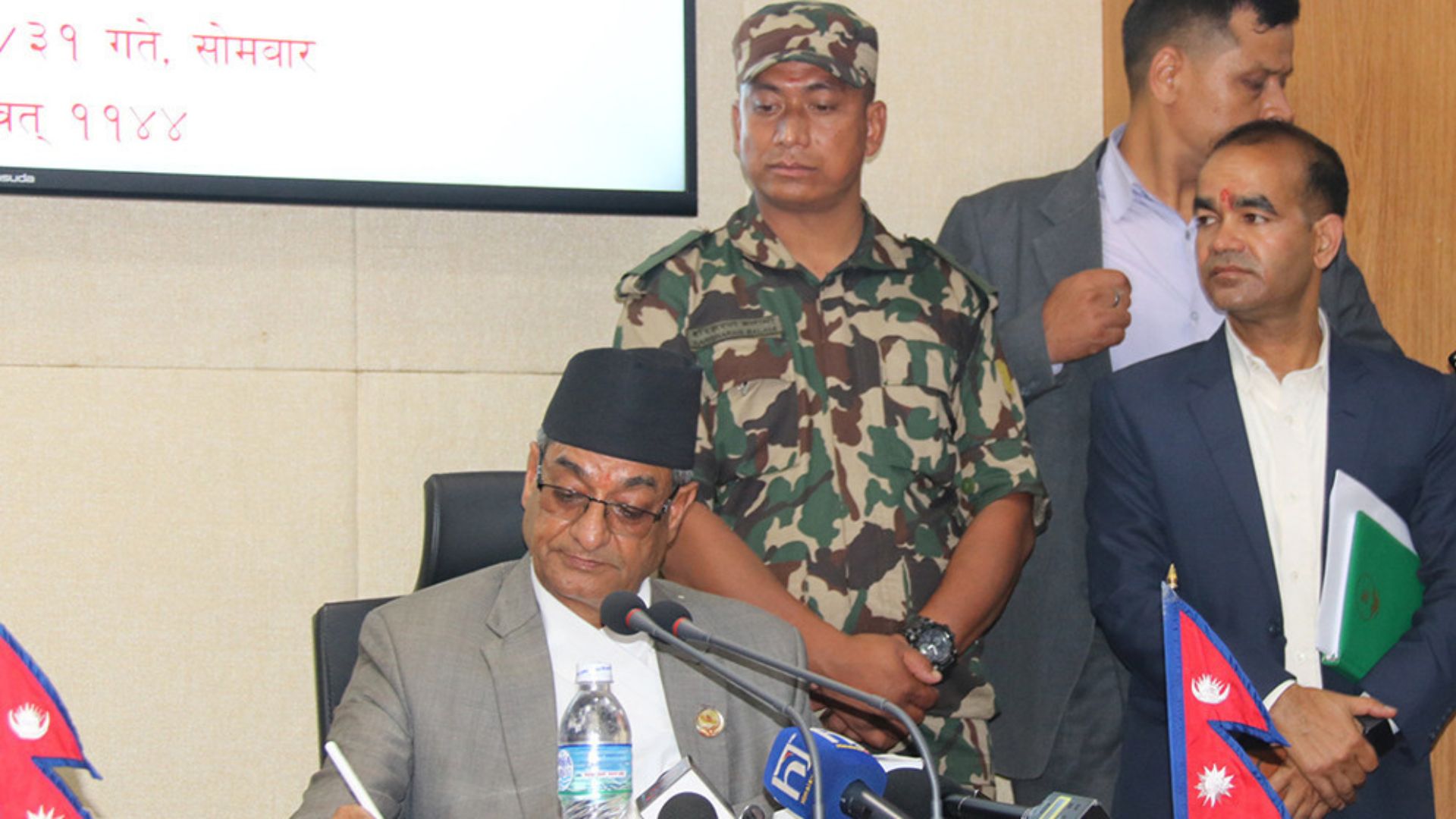Thailand has been described as a “flawed democracy” with very low levels of public trust in its government, according to Dr Thawilwadee Bureekul, a Thai political expert. She shared these concerns at the International Political Science Association (IPSA) 2025 congress, held in Seoul, South Korea.
Dr Thawilwadee, a former director at King Prajadhipok’s Institute, said that research from across Asia shows Thailand has the highest number of people who believe income is unfairly distributed in the country. “This belief makes people lose trust in the government,” she explained.
Even though Thai citizens are now more aware of politics, many feel they can’t make a difference. This feeling, called low political efficacy, means people don’t think their voices matter in decisions made by the government.
She also mentioned that trust in important political offices—especially the Prime Minister and the Senate—has been falling steadily for the past 20 years.
The IPSA congress brought together experts from more than 100 countries. The main theme was “Resisting Autocratisation in Polarised Societies.” The conference looked at how democracy is being weakened around the world—not just by powerful leaders, but also by citizens who feel disappointed with their political systems.
Even in countries that hold regular elections, democracy is being tested. Deep divisions between different political groups are growing. People are starting to see those who disagree with them not just as opponents, but as threats. This kind of thinking is spreading across both wealthy and developing nations.
Dr Thawilwadee warned that such strong divisions are dangerous. “People no longer see those with different views as fellow citizens. This is true in many parts of the world and it’s bad for democracy and peace,” she said.
The conference ended with a call for countries to work together to protect democratic values and reduce political conflicts in society.

.jpg)




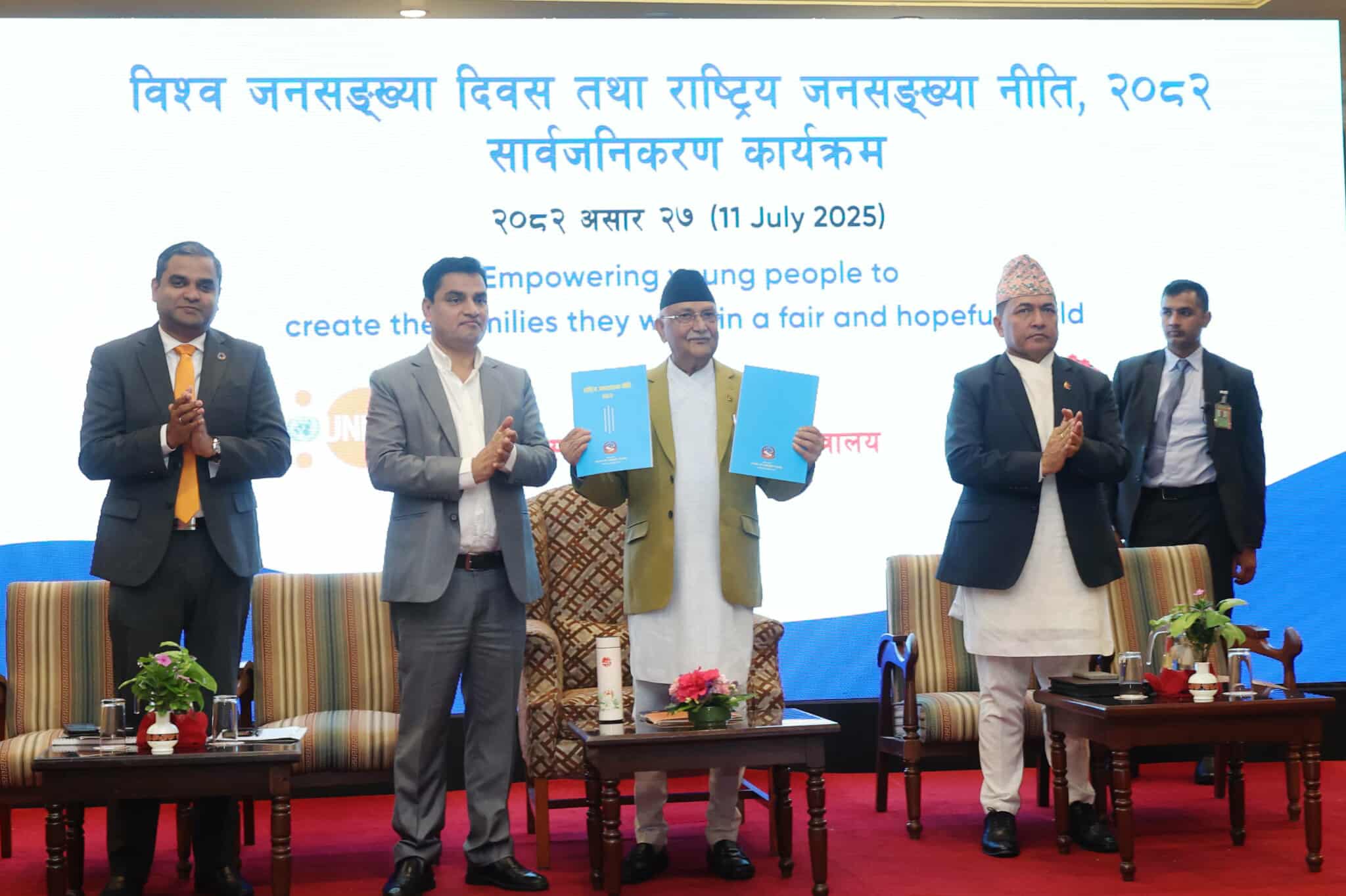
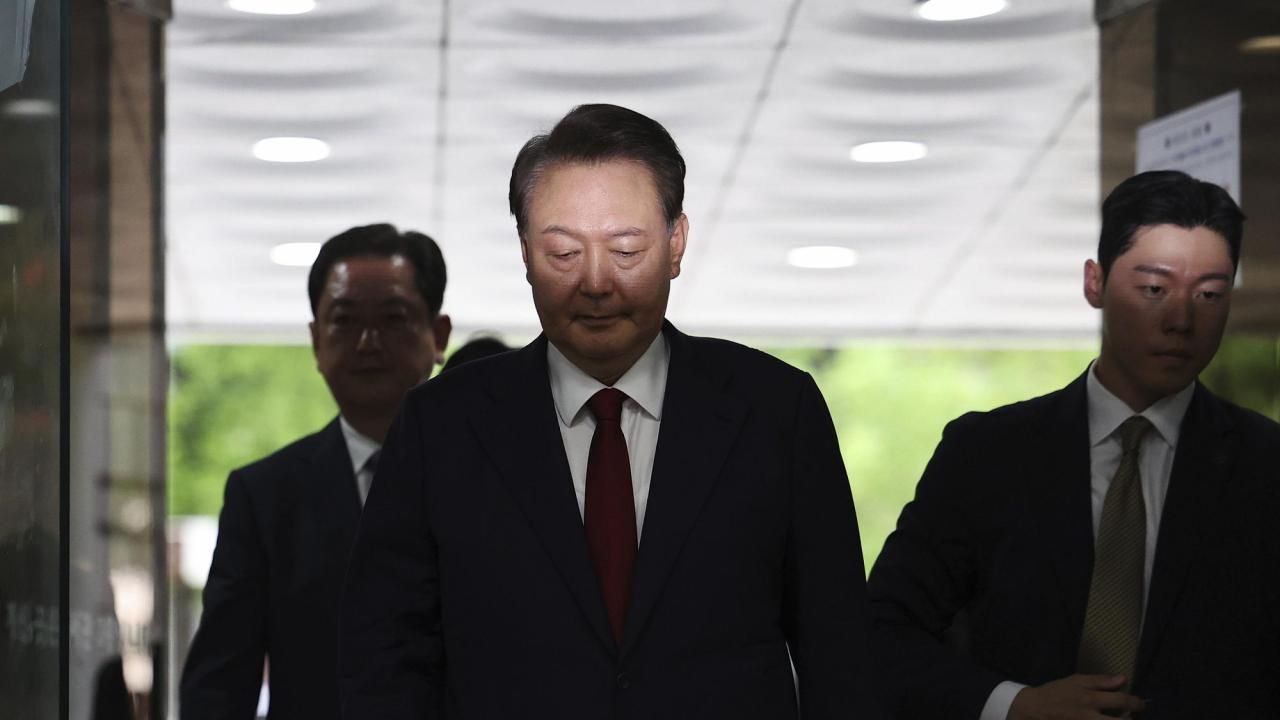

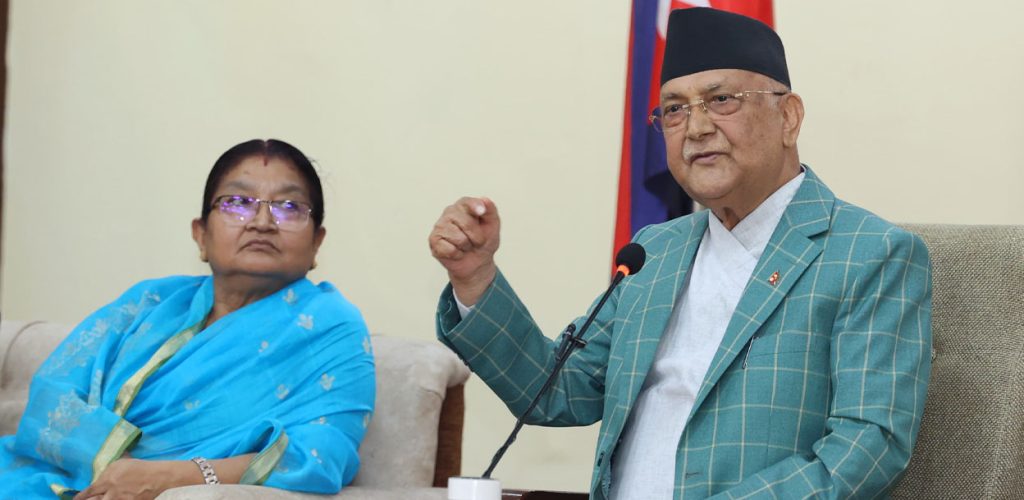
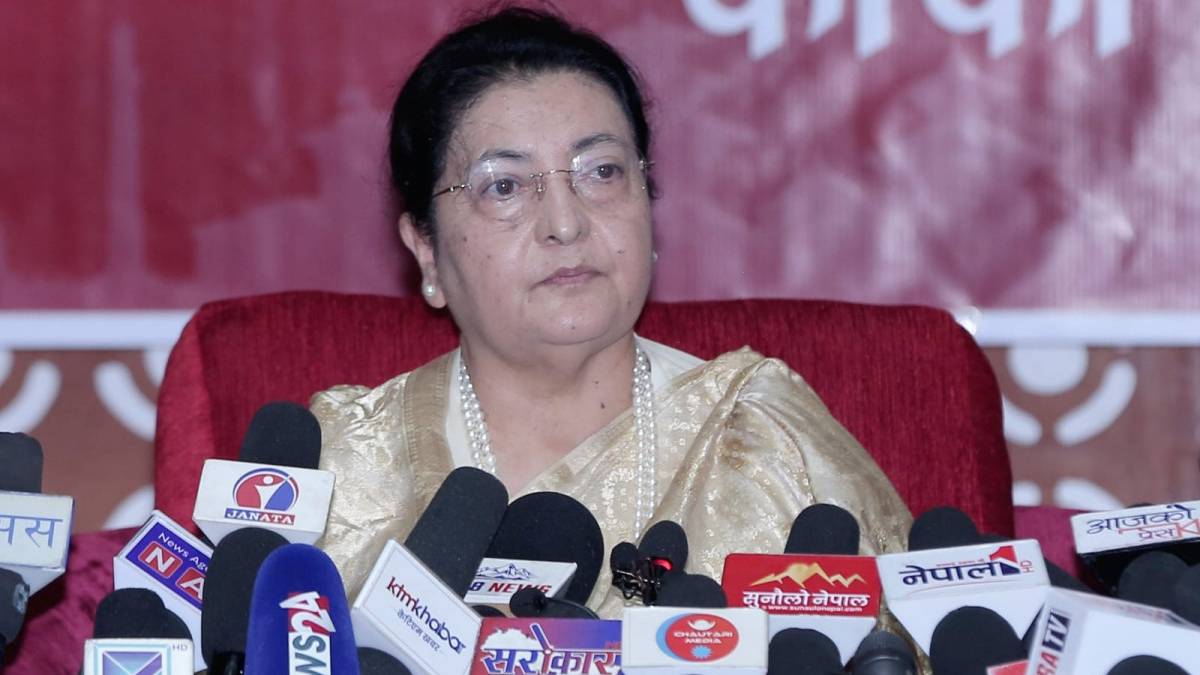
.jpg)
.jpg)
.jpg)
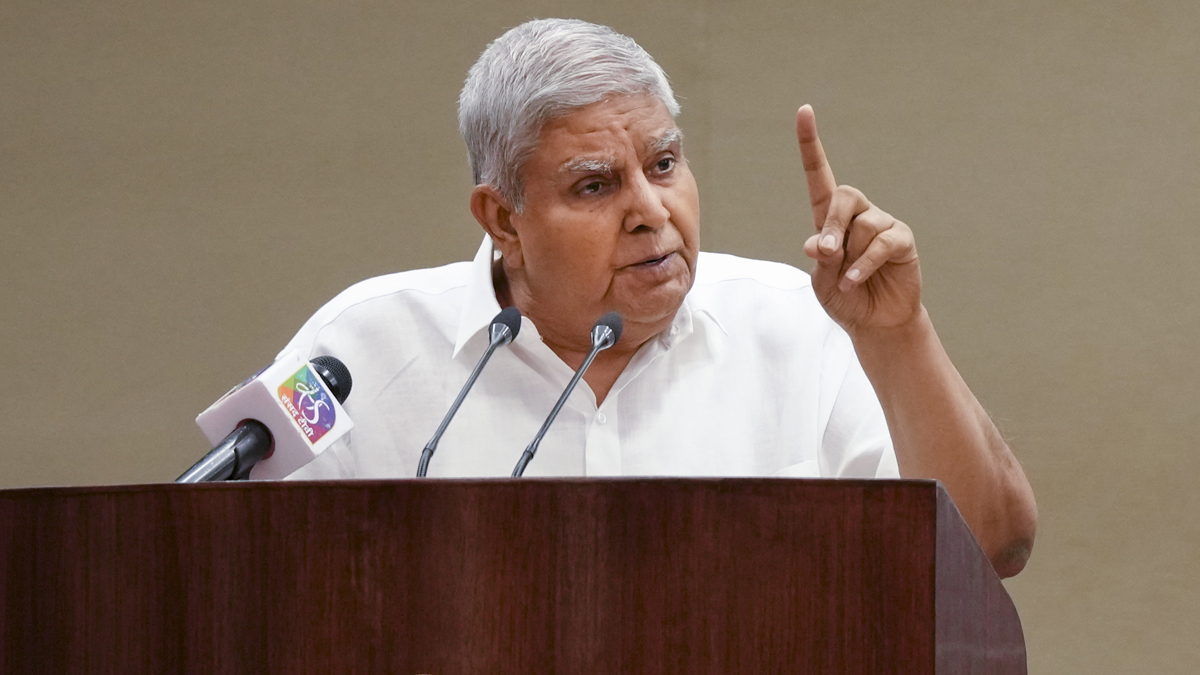
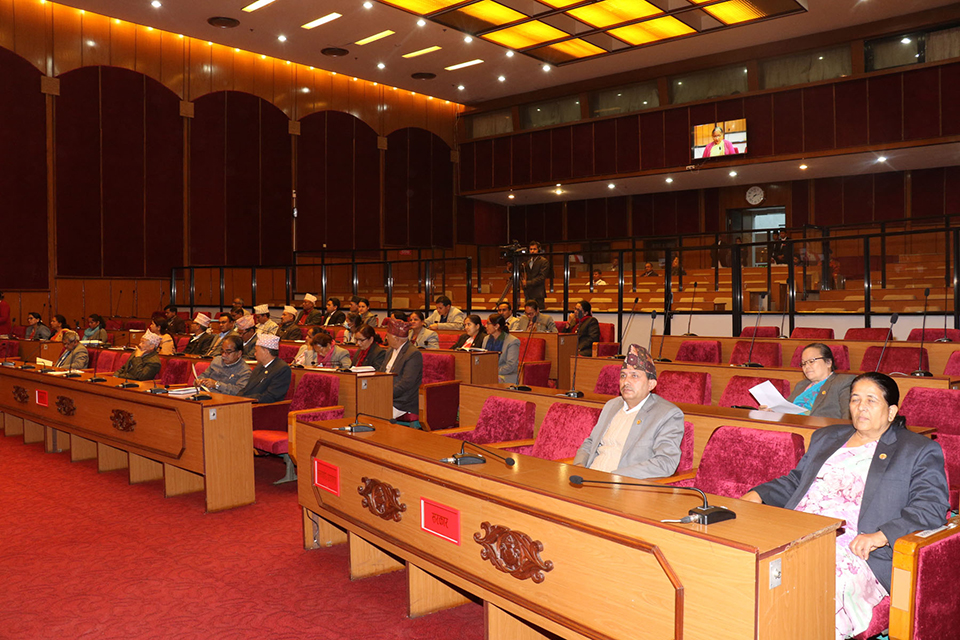
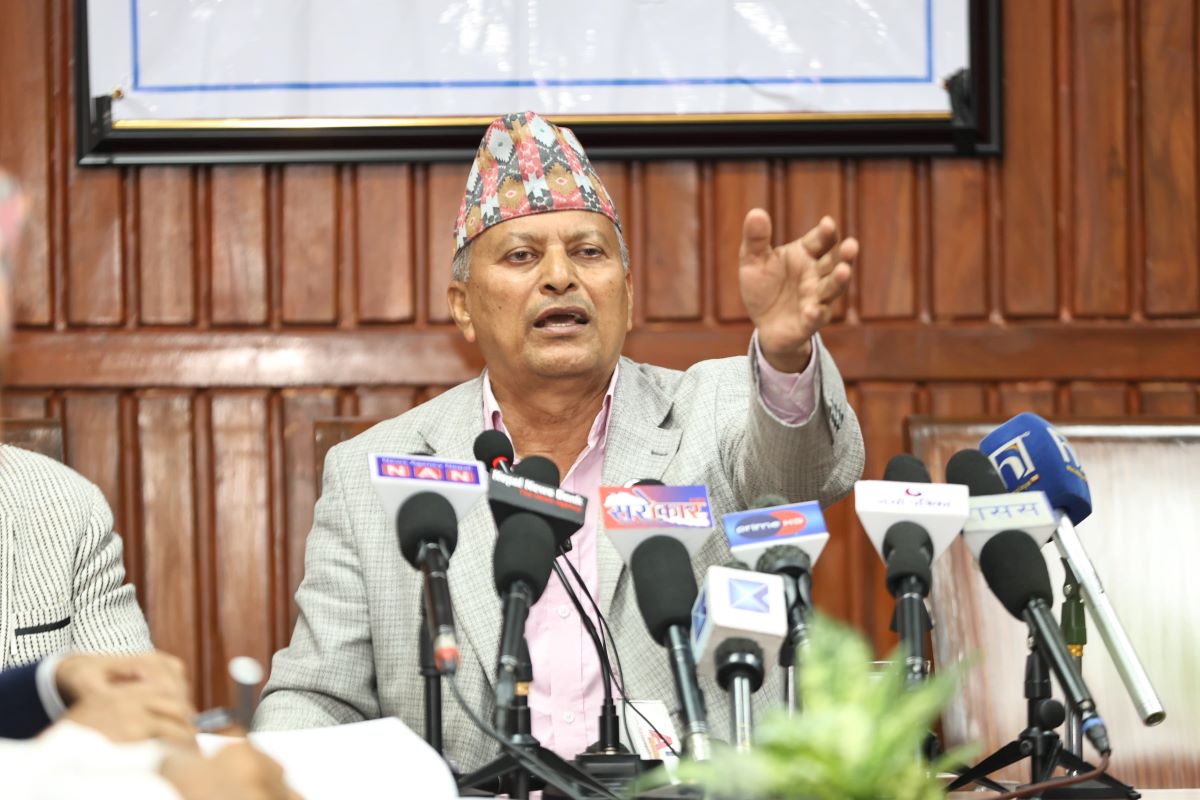
.jpeg)
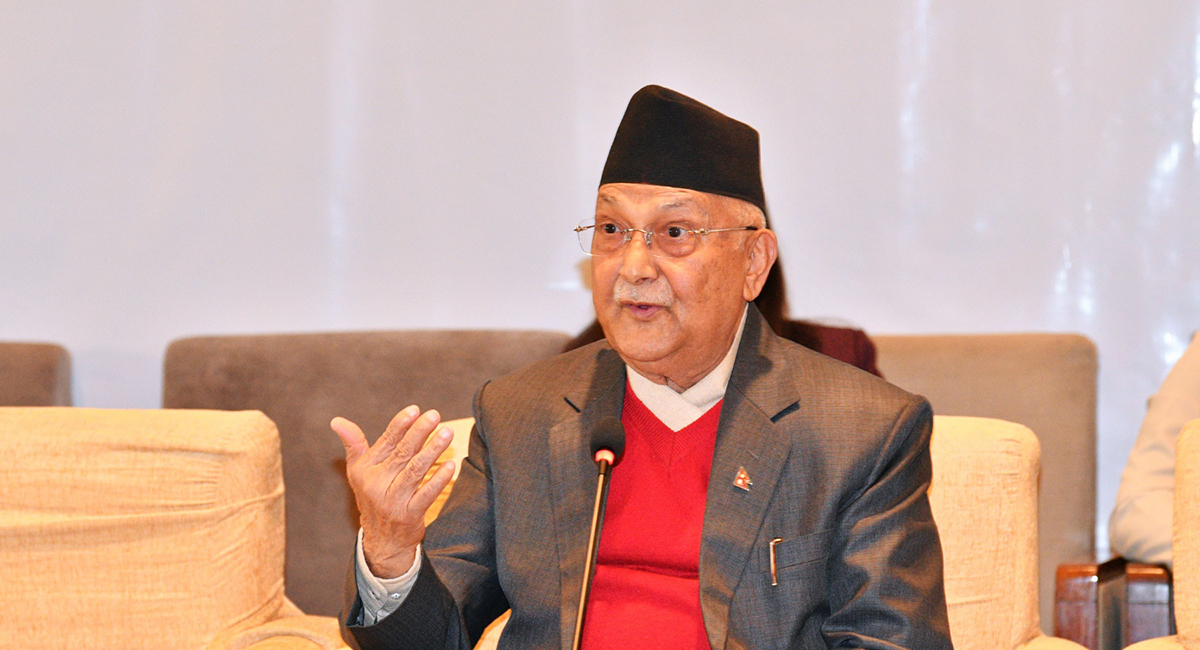
.jpeg)
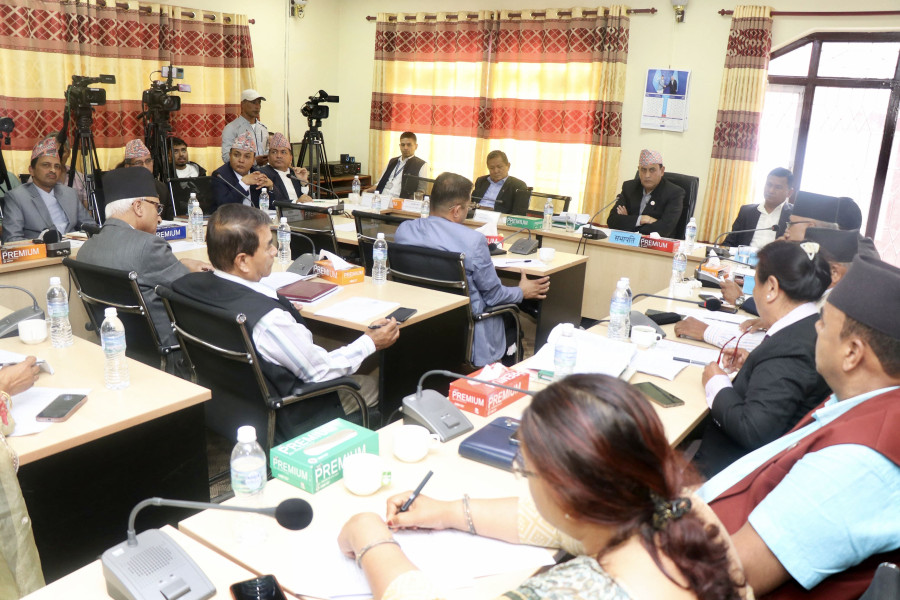
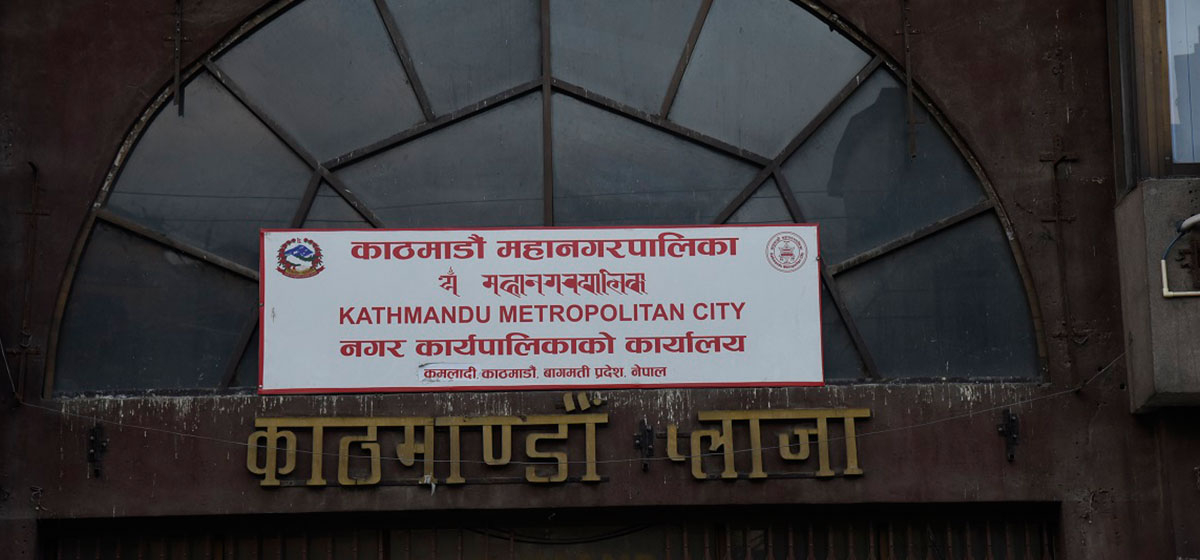
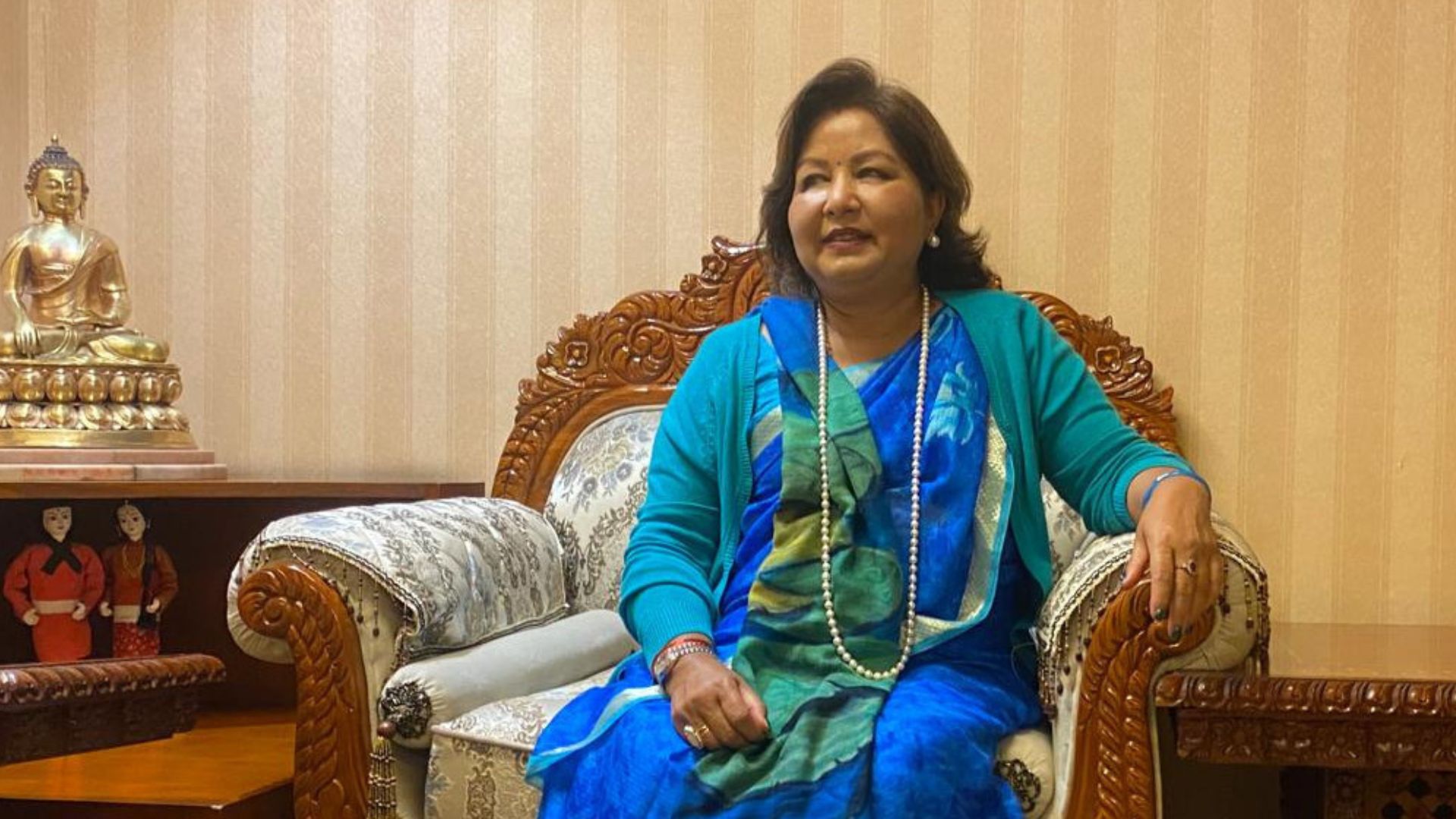
%20House%20of%20Representatives.jpg)
